Jim Vines is a professional screenwriter, script consultant, and author. He compiled and edited interviews with 16 screenwriters for his book "Q & A: The Working Screenwriter: An In-the-Trenches Perspective of Writing Movies in Today's Film Industry". Jim lives in Los Angeles, CA.
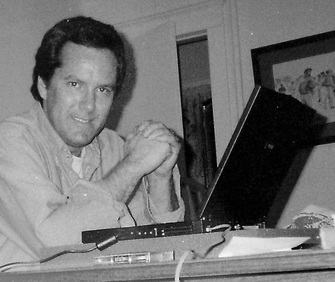 Jim Vines at work
Jim Vines at work My name is Jim Vines. I was born in 1963 in New York City, but grew up in Beverly Hills, California. My parents were in the film and TV industry. Since the day I was born I’ve been a performer, somewhat of a comedian, and very creative. I started making Super-8 movies with my friends when I was eleven. During the 1980s I worked as a stuntman, still photographer, and I even carried heavy equipment around movie sets (they call that being a “grip”). I also worked at some big talent agencies, but those jobs were basically just office gigs. I officially began my career as a screenwriter around 1991. Though I had optioned a script or two just a few years later, it wasn’t until 1997 that I sold my first script. That script was actually produced—a thriller titled The Perfect Tenant—and was released on cable TV in 2000. Since then I have optioned many screenplays, have been assigned to write or adapt other scripts, and even had another movie produced a few years ago, but it has yet to be released. In 2004 I posted my short comedy, That Darn Bill, on YouTube.
How did you get started in screenwriting?
When I made movies as a kid, we never used a script of any kind. Remember, this was back in olden days, long back before everyone had a video camera. (Back then, pretty much the only place you could find a video camera was in a TV studio!) No, we used what’s called Super-8. It was actual movie film and it came in 50 foot cartridges. We didn’t even have sound! (Super-8 sound film showed up in about 1973, but I didn’t get my hands on it until 1979.) But anyway, we didn’t have to worry about writing dialogue because there wasn’t any. So the most I’d write was some sort of a brief outline. This happens, then something else happens…that sort of thing. It wasn’t until I got into high school that I had the chance to shoot on video tape. I did these goofy sketch comedy shows and we scripted everything. I loved coming up with crazy characters and writing dialogue for them. It was during those high school days that I also wrote my first screenplay; it wasn’t much, but it was the first. After high school I wrote some very short one-act plays, which I actually got to perform on stage at a few small theaters here in Los Angeles. I didn’t write much after that (I got married, had a daughter) and it wouldn’t be until the late 1980s that I decided to get back to writing screenplays.
What is your pre-writing process?
I always tell budding writers to draw up some kind of an outline before they begin writing their script. You really need to know what the story is about, if it all works, if it makes sense, if it flows. It’s like planning a trip across country. You probably wouldn’t want to get in the car and just start driving. No, you’d want to map out your route. If you don’t, you could end up irretrievably lost. As for myself, I outline my script pretty extensively. I write what are called “scriptments,” which is a combination script and treatment. My scriptments are pretty detailed and can be 40 or so pages. Once I have the scriptment written, I sit down and write the actual script.
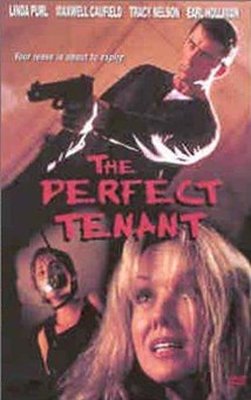 "The Perfect Tenant" (2000)
"The Perfect Tenant" (2000) I’ve written a full-length screenplay, editing included, in less than 3 weeks. Was the script any good? Well, it wasn’t bad, but if I had taken more time on it, it would’ve been so much better. But I typically write a screenplay, outline and editing included, in 4 to 6 months. I know some writers who take a year or more to write a script. That’s fine if you’re not under a deadline, but if you’re lucky enough to sell an idea, or if you get a rewrite assignment (rewriting another writer’s screenplay), then you need to work fairly quickly. Producers won’t give you 9 months or a year; they’ll give you anywhere from 6 weeks to 3 or 4 months.
What part of screenwriting do you find most difficult?
For me, the hard part comes after the screenplay is written. It’s getting the script out into the world and getting agents, managers, producers, etc. to read it. There’s a lot of wait, wait, wait in the film business. You have to have patience. But if you’re asking what the most difficult part is during the writing process…well, it’s just staying focused on that one idea for months and months. You have to make sure you love the idea you’re writing because you’re gonna be living with it an awfully long time.
When coming up with an idea or writing a screenplay, how do you balance commercial viability (sticking to somewhat of a “formula”) with originality?
Sometimes you just have to take an old idea and update it, make it your own; you have to make it fit the times. There are plenty of movies from the past—going back to the 1920s—that have been updated and tweaked. I think A Star Is Born has been made something like 5 times in the past 80 years. Or, sometimes, you merely have to take an old idea and change the gender of the main character(s). That's what they're doing with the upcoming Ghostbusters movie. There's an old saying in Hollywood, which goes something like this: "I want something familiar...but it has to be completely different!"
What challenges are there when writing for film that aren’t present when writing for other mediums— like a play or novel?
Unlike in a novel, in a screenplay you can't wander off into scenes not entirely relevant to the "spine" of your story. In other words, if Indiana Jones is rescuing a damsel in distress from some creepy cave, you can't suddenly have him flashback to when he as a kid, rescuing a dog from a storm drain. No, with a movie you have stick to the story; it must always be moving in a forward direction. Dialogue is also very important in a screenplay. Dialogue that wanders aimlessly (unless it's pertinent to the character), or dialogue that isn't relevant to the story you're telling, is forbidden. Also—and this is so so so important—unlike plays and novels, screenplays need to be very visual. You're telling your story not only with dialogue, but with images (which will be important to the producer reading your script). Be a visual, cinematic screenwriter and you'll go far.
Who are your favorite screenwriters? What are your favorite movie or TV scripts?
I don’t really have any favorites. I do really enjoy William Goldman’s work. He wrote Butch Cassidy and the Sundance Kid, which is one of my all-time favorite movies. I love Woody Allen (his stuff isn’t always great, but at least he’s usually pretty interesting, and his output is amazing). I think Shane Black can be a terrific writer. One of the best…and this is going way, way, way back to the 1940s…was Preston Sturges. Go watch Sullivan’s Travels and you’ll understand what I’m talking about. The man was truly amazing. I also think the stuff they’re doing on TV/cable nowadays is pretty interesting. It used to be that television was considered a wasteland, but now it’s far more inventive than what’s out in movie theaters!
What’s next for you? What projects or screenplays are you working on now?
I just wrapped up a rewrite assignment for a producer. I was glad to finally get done with it because I really wanted to get back to writing my next novel. Writing novels is my main focus right now and I honestly don’t see that focus changing any time soon. But don’t worry, I haven’t given up on screenwriting. It’s a great gig!
What advice or tips would you give to aspiring screenwriters (especially young ones)?
You need some brains in your head if you want to be a writer. So definitely stay in school. If at all possible, go to college. Consider going to film school. Most of all, start writing as soon as possible. Experiment with different types of writing. Write prose, write screenplays, write poetry, keep a daily journal. Remember: In your teenage years you’re not writing to sell, you’re writing to learn. Also, if you want to write you need to do more than sit around playing video games or goofing around on the Net. It’s so important to get out and live. You have to meet people and get involved in interesting things. Everything you do will eventually factor into your writing. The more you do, the more you know; the more you can write about with a degree of honesty.
Any activities/exercises you’d suggest for young writers to get better at screenwriting?
You should be reading scripts written by professional screenwriters. Don’t read just three or four, read fifty…read 100! Don’t just read them, study them. If you can get printed copies, underline words and phrases you find interesting or funny or entertaining. This will help you come up with a writing style of your own. As you go through these scripts, underline words you don’t know and look up their meaning. Build your vocabulary. There are also several good how-to books available. Go online and get some suggestions from other writers, then read a few of these books. But I cannot stress enough how important it is to read pro scripts…or the importance of sitting down and actually writing material of your own. Get your writing critiqued by writers who know how scripts are put together. You should also be reading novels. So, those are all things that are high on my “to do” list for budding screenwriters. And finally, something to think about: Learning to write a screenplay that you can potentially sell can take a few years. It won’t necessarily be an easy thing, but if you really want to write movies or television shows, you have to put in lots of time and effort. But it’ll be soooooo worth it, you’ll see.
You can visit Jim's website, The Working Screenwriter, and follow him on Twitter @WriterJimVines.


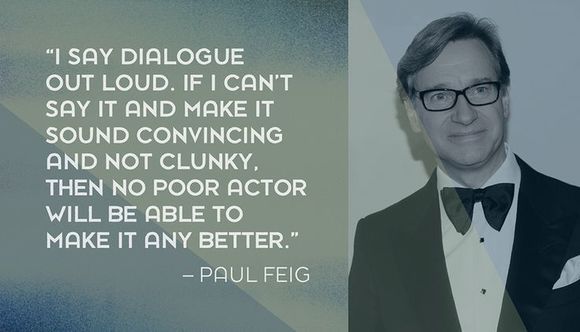
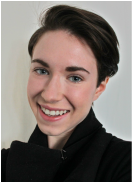
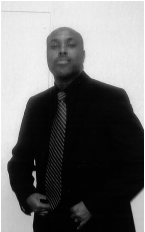
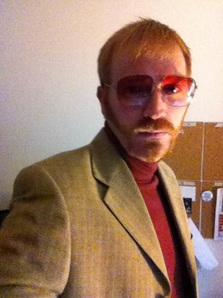
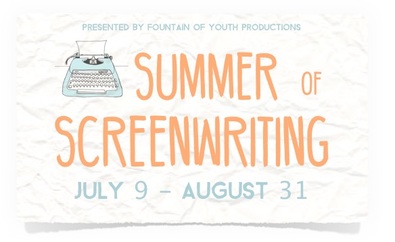
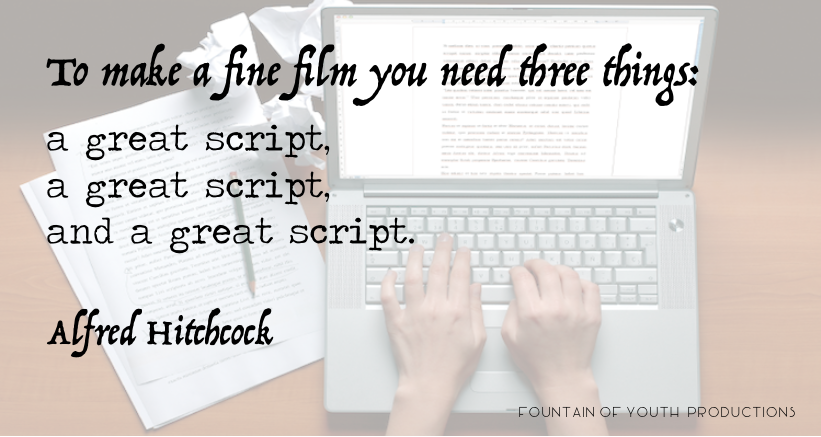
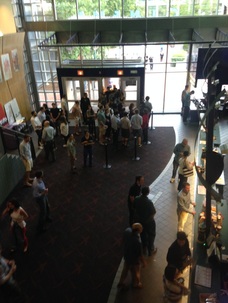
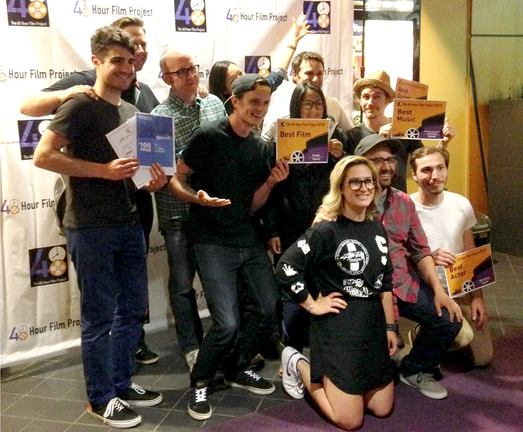
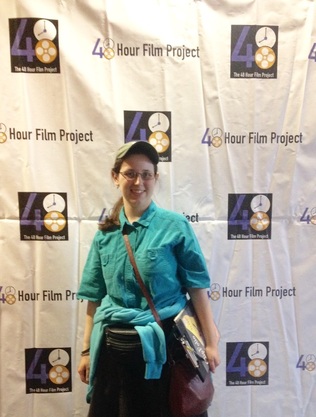
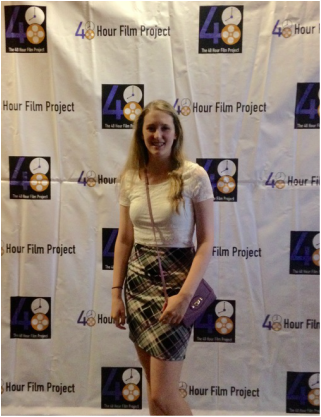
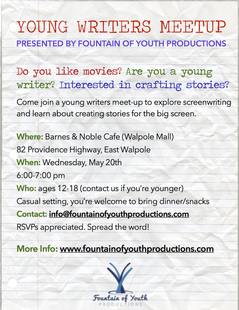
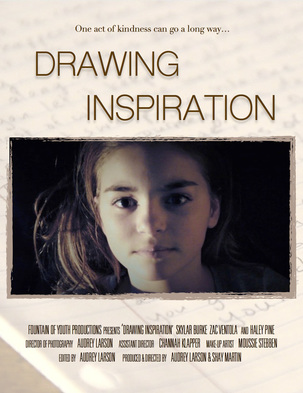
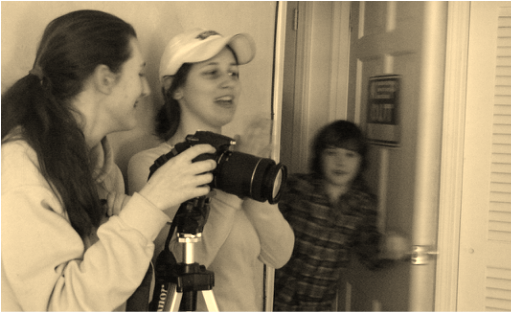
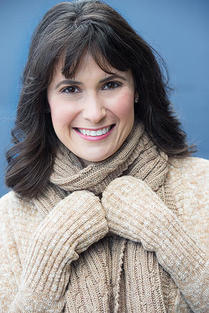
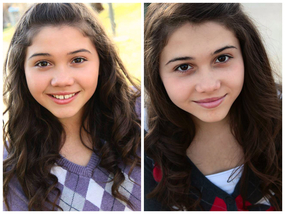
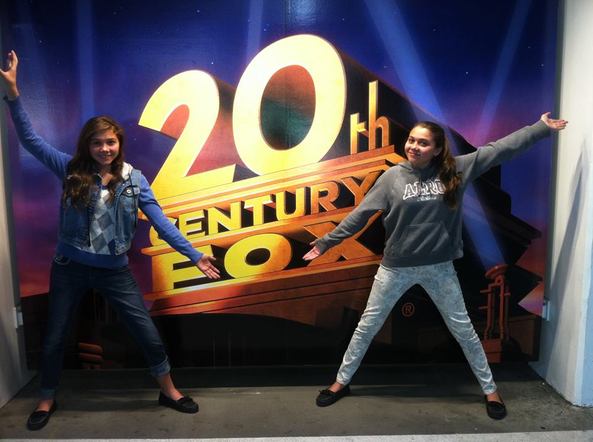
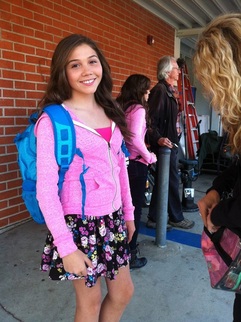
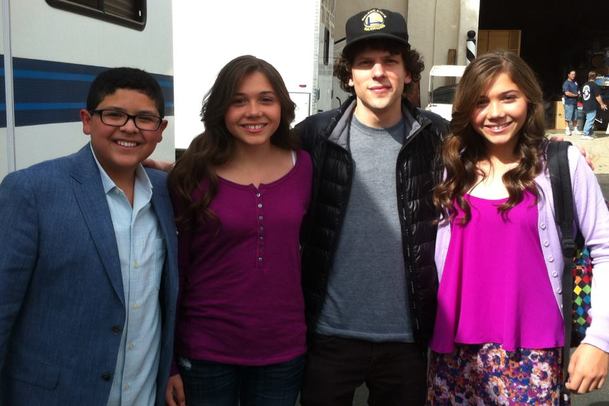
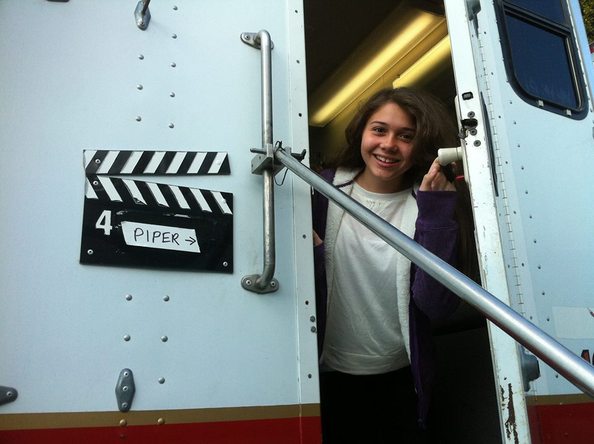
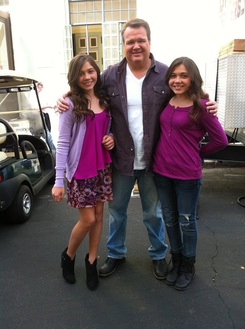
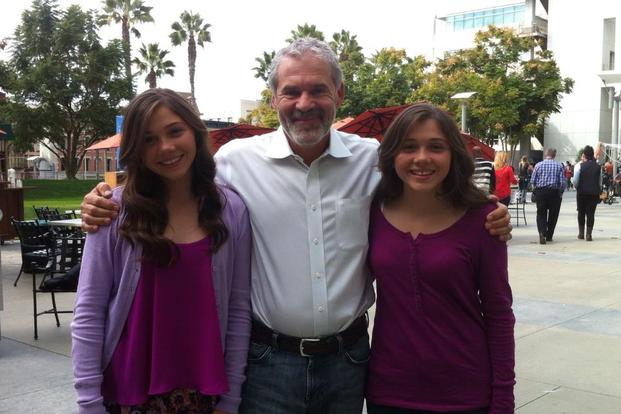
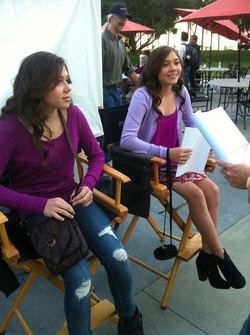
 RSS Feed
RSS Feed
